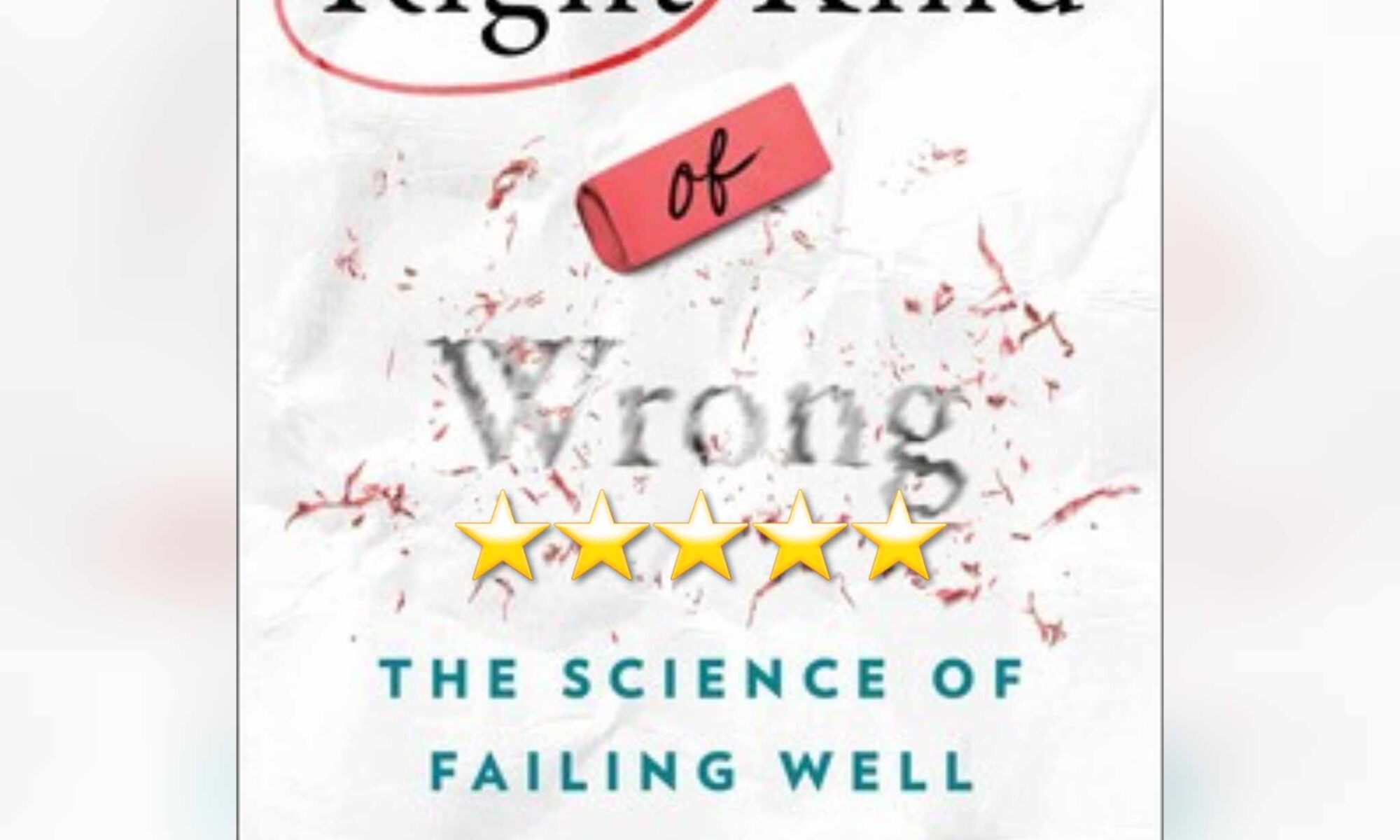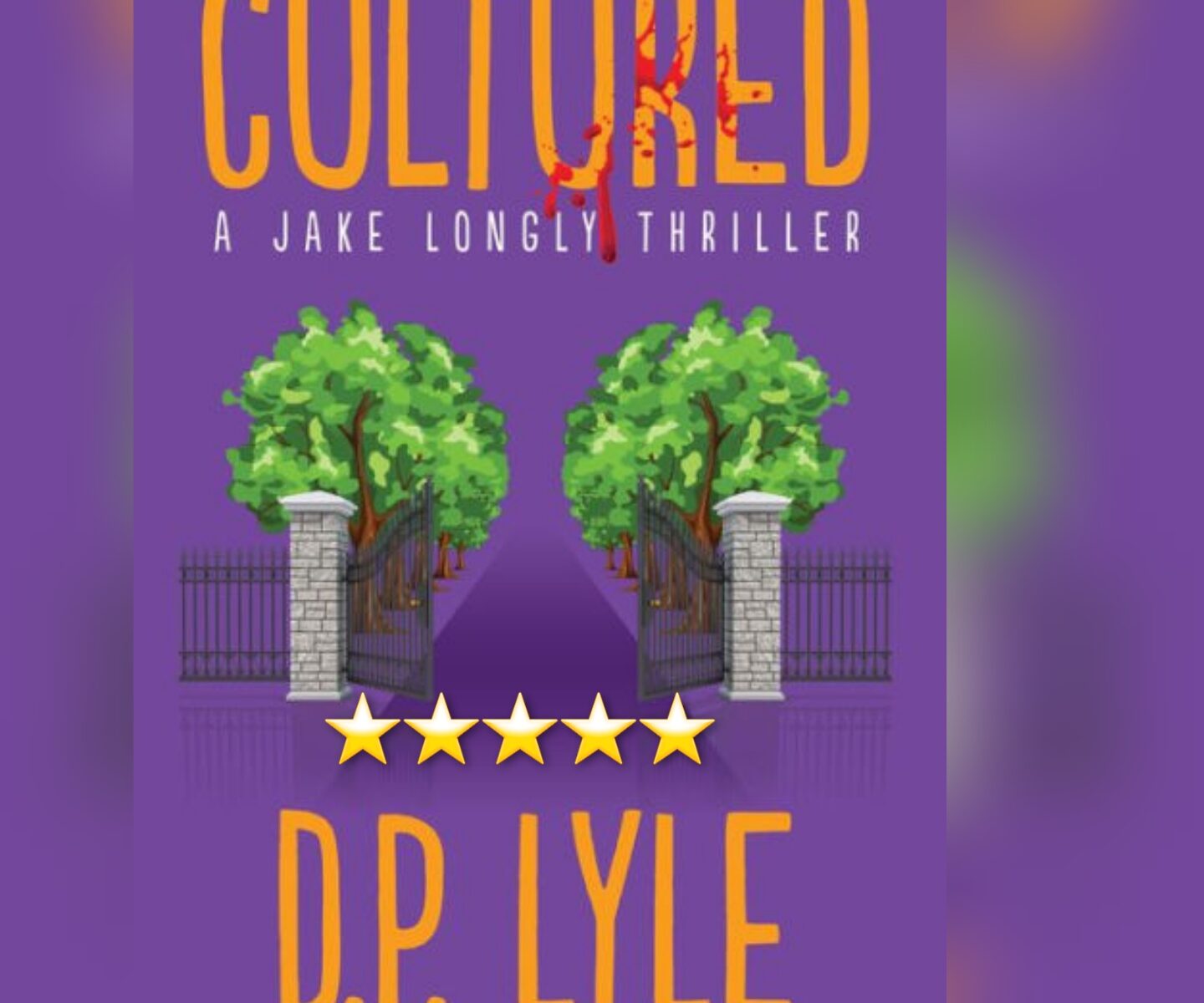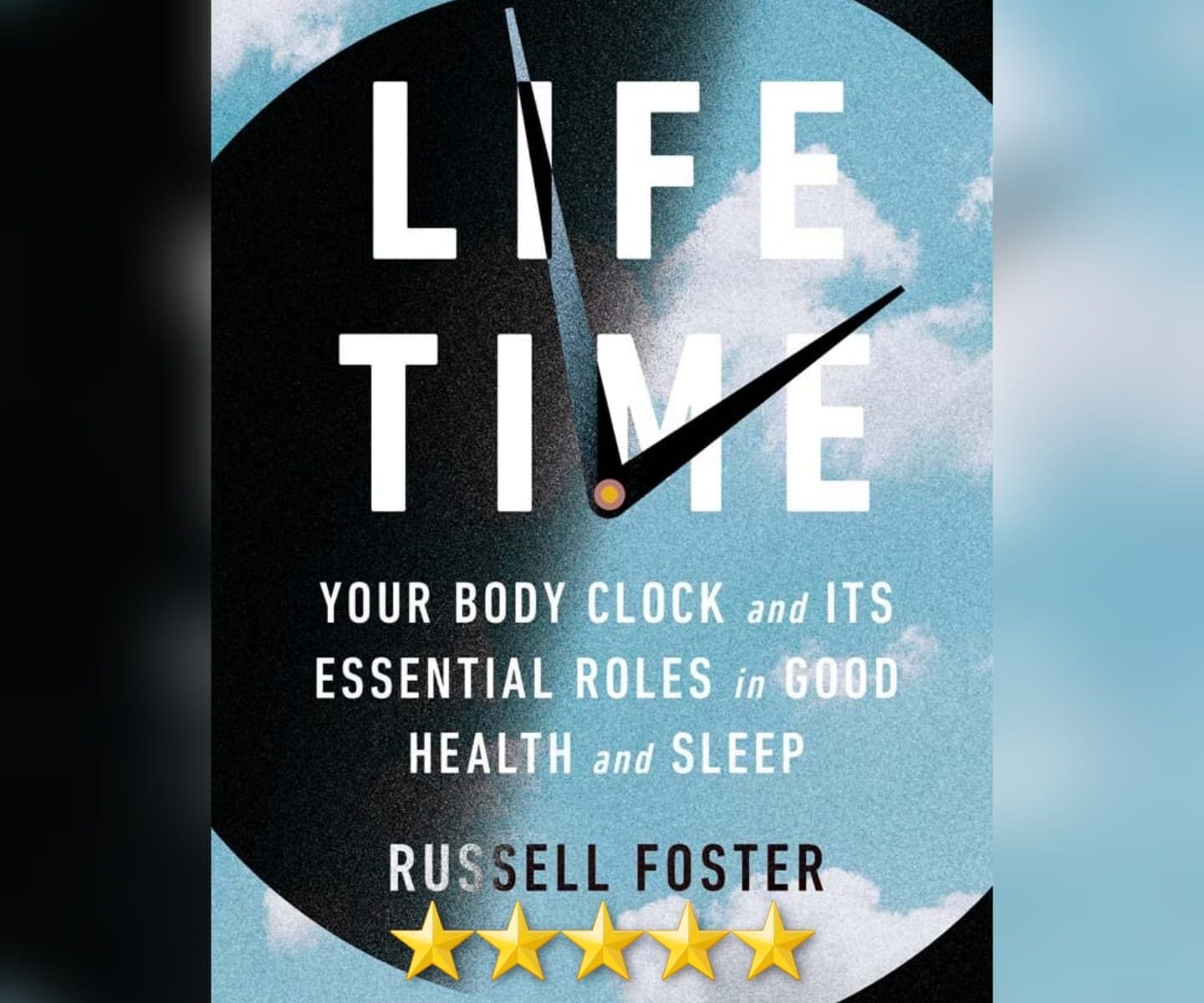Simplistic, Perhaps A Touch Naive And Even Self-Centered, But Nothing Technically Wrong. This is one of those self-help/ memoir combinations that perhaps would work best for someone who is truly at rock bottom and can’t think of any way out of their current life or any way to better their current situation. Particularly if such a person had never had a parent or elder in their life to teach them these very basic lessons that many parents teach early on. So that is actually another way of looking at this: as a grandfather stares at his own mortality, these are the lessons he hopes to impart to his grandchildren and great-grandchildren.
Yes, there is a lot of “I did this, so you can do a version of it too” – and, at the end of the day, a LOT of advice tends to be based around that idea, not just in this book. There actually weren’t as many specifics of Arnold’s life as one might think in here, as he actively states at the beginning of the book that he knows he made some mistakes and destroyed his family, but this book isn’t about that.
Yes, there is also quite a bit of repetition of the basic, simplistic, perhaps a touch naive points. Here again, as many any educator will tell you, the primary way to teach is to repeat. Over and over and over. Yes, there is also quite a bit of repetition of the basic, simplistic, perhaps a touch naive points. Here again, as many any educator will tell you, the primary way to teach is to repeat. Over and over and over. Yes, there is also quite a bit of repetition of the basic, simplistic, perhaps a touch naive points. Here again, as many any educator will tell you, the primary way to teach is to repeat. Over and over and over. Yes, there is also quite a bit of repetition of the basic, simplistic, perhaps a touch naive points. Here again, as many any educator will tell you, the primary way to teach is to repeat. Over and over and over. (See what I did there? Arnold wasn’t anywhere *near* as blatant in the book, though he did in fact repeat his key points often, particularly referring back to earlier “lessons” in later chapters.)
Overall this truly was an interesting look at a clearly intelligent man who has lived a life many of us could only wish for, and the lessons he has picked up along the way. Perhaps a touch simplistic and naive, but if viewed from the perspective of a grandfather staring down his mortality and expressing the values he wishes to teach to his grandchildren and great-grandchildren, it makes a bit more sense. Very much recommended.
This review of Be Useful by Arnold Schwarzenegger was originally written on January 27, 2024.





